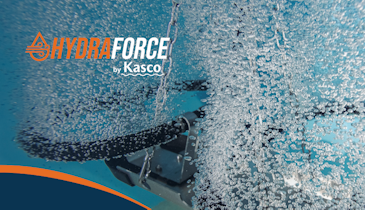
A discussion about drilling wastewater has stalled in Auburn, N.Y. after an engineering firm determined the city’s wastewater treatment plant cannot handle the waste without further studies. GHD Inc., in Cazenovia, N.Y. conducted a headworks analysis for the City of Auburn and...





